Breaking Silence: What ‘A Seat at the Table’ Means to Me
When I was 19 I stopped listening to music. Even now, it's difficult to pinpoint the exact moment that everything went silent, but I do know that the silence was deeply connected to my newly emptied womb.
It was in the Post Anesthesia Care Unit that the muteness first set in. I remember wondering if I had died. The women around me were still under, their faces empty and flat, their bodies wrapped in the hospital's white cotton blankets. I cried out and my own voice caught me by surprise. I sounded like a wounded animal; I couldn't locate the pain, but I knew it was there. The depression hadn't set in yet, but I could instinctually smell it coming. The nurses told me to continue resting. My chest felt like it was cracking open. It was a feeling of loss I wasn't expecting. There wasn't music, or any sound, to break that.
And there wasn't music to break the guilt. To soundtrack the way I felt when, post surgery, my body bled for 1.5 months, reminding me that what was done was done. In class that semester, we read 'Beloved' by Toni Morrison and I viscerally understood the haunting. I went alone to have Morrison's words tattooed across my ribcage; the needle's buzz the only sound in the room.
There wasn't music to explain how I felt when, as an activist, I questioned my own humanity. If Black Lives Mattered, why did I destroy the one I was carrying? If I truly believed in my own strength, why didn't I trust that I could carry the load that was given to me? I knew that I wasn't being fair to myself, but the questions kept flooding in. They rode on the backs of sing-song pop lyrics and the hooks of beautiful rap songs, and so I turned the radio off.
I found comfort in the silence. I needed to hear the sound of my own breathing at all times to know that I was still here, still present, still pushing. And so I didn't listen to music for a long time. Until after much healing, the silence broke. I started listening again.
And yet, nothing that I've listened to has moved me as much as 'A Seat at the Table.' The album's message is powerful, but I'm also equally moved by its rhythm, its driving beat, its core. I've played it non-stop since downloading it. I listen before bed and as soon as I rise. And though it doesn't speak directly to my experiences with abortion or depression, it is powerful because it celebrates the nuances of blackness; the ups and the downs; both the moments of joy and of darkness and silence.
It came at the right time for me; post-silence, post-muteness. It reminds me of the beauties that the world holds; it reminds me of the strength of my Self, my blackness, my womanhood, and my people. It reminds me of why my life is worth living.
What does the album mean to you? x



